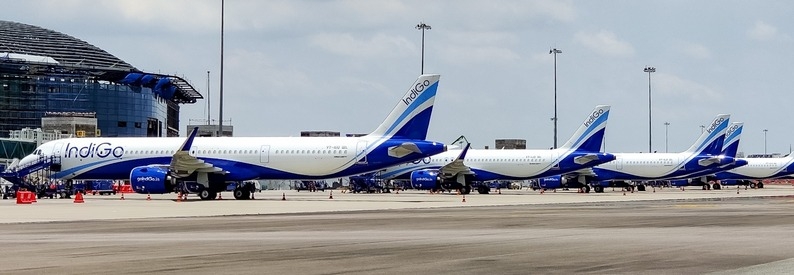With just days left before the September 15 deadline dawns for firm bids for Air India (AI, Delhi International), the Central Board of Direct Taxes (CBDT) has made a further last-minute gesture to entice potential buyers, transferring the heavily indebted airline’s capital assets to a new holding company, Air India Asset Holding Ltd (AIAHL).
The government created the special purpose vehicle to hold half of the airline’s loans, four of its less viable subsidiaries, and other non-core assets, the tax authority revealed on September 11.
The authority has also offered tax relief by exempting the airline from provisions under Tax Collected at Source, a tax buyers must pay at the time of sale. This regulation, which was introduced in India last year, stipulates that a tax of up to 5% must be charged on all payments exceeding INR700,000 rupees (USD9,500).
In addition, the CBDT announced on September 10 that it would allow the losses of public sector companies undergoing strategic disinvestment to be carried forward so they can be set off against future profits.
In its notification about the holding company, the CBDT elaborated that AIAHL would not be considered as a ‘buyer’ in the asset transfer and that Air India will not be considered as a ‘seller’.
Separately, an unnamed source in the financial sector told the newspaper Business Line that Ajay Singh, chairman and majority owner of loss-making low-cost carrier SpiceJet (SG, Delhi International), had approached the Delhi branch of the government-owned State Bank of India to request a guarantee for his potential bid for Air India.
Singh is reportedly filing his bid in a personal capacity, and according to the source he was likely to pledge shares or his personal property as security in exchange for the bank guarantee. The only other entity that has confirmed interest in lodging a final bid is the conglomerate Tata Sons.
According to local media reports in July, Singh has been assembling USD1 billion worth of funds for his efforts to buy the flag carrier as he is unable to fund the company on his own.
- Type
- Base
- Aircraft
- Destinations
- Routes
- Daily Flights








